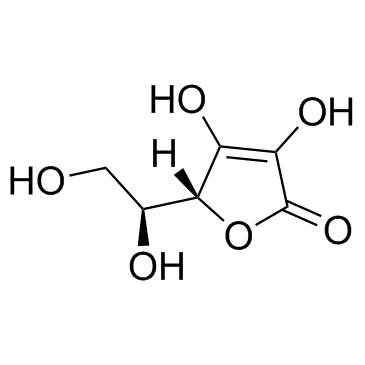| Structure | Name/CAS No. | Articles |
|---|---|---|
 |
Ascorbic acid
CAS:50-81-7 |
|
 |
Rutin hydrate
CAS:207671-50-9 |